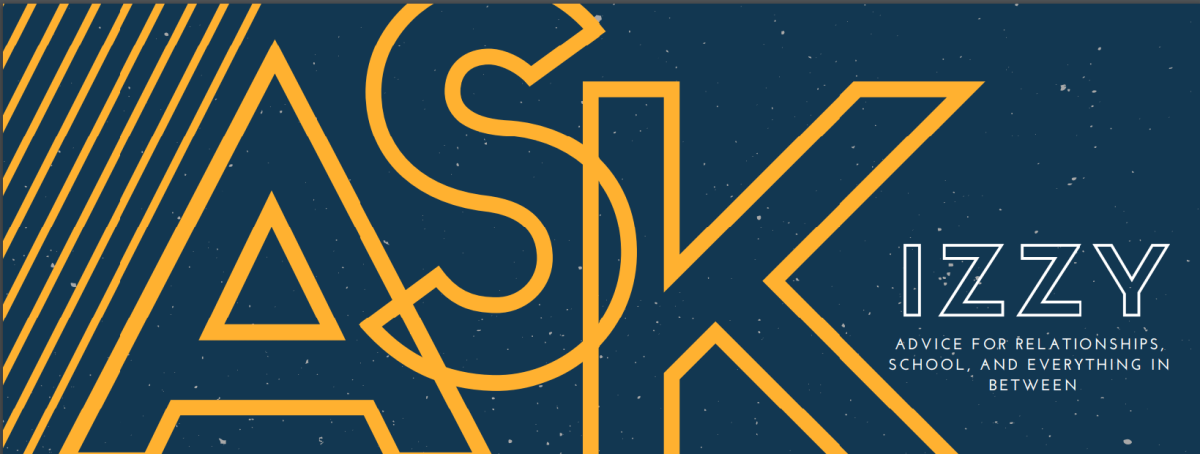I grew up living overseas, moving from country to country while my parents taught at the international schools I went to; something most American college students haven’t experienced. My favorite place that we lived was in Caracas, Venezuela, in which I attended fifth through eighth grade. I loved it because of the warm, accepting, and friendly culture, and the sense of acceptance I felt in a country that wasn’t my own. A country that made me; a white, American, middle school girl, feel safe, and a community in and outside of our school who welcomed my family with open arms.
This is why I’m about to tell you what I’m going to tell you.
Venezuela is in the middle of an economic crisis, and has been for more than 21 years now, since the election of Hugo Chavez as the country’s president. However, the crisis has escalated exponentially over the past five years, into what seems to be the type of conflict that could turn into a war. Hugo Chavez led the country by making empty promises and appealing to the lower-class citizens, which gained him followers over his 14 years of presidency. In 2014, he passed away from cancer, and the country was immediately divided: some celebrated with fireworks, others mourned.
This is when the protests began. The marches took place constantly, most starting out peaceful and ending in violence from the local police. Venezuelans who supported the opposition – anyone who was against Chavez and his chosen predecessor, Nicolás Maduro – would gather on the streets of the country’s capital, Caracas, and protest Maduro’s new leadership. He followed in Chavez’s footsteps; making empty promises to gain followers, not being smart about his decisions for the Venezuelan economy, and not treating his citizens with respect. Venezuelan police officers would turn to violence to rid the streets of opposition protesters, tossing harmful tear gas and Molotov cocktails at the crowds every day; sometimes even bringing out their guns. Our school got canceled for weeks at a time because it wasn’t safe for students to get to school, as many lived in the parts of Caracas that had become especially dangerous to be in.
When my family moved to Venezuela, the exchange rate was six Venezuelan Bolívares to one U.S. Dollar. Now, one U.S. Dollar is equivalent to around 1,600 Bolívares, with the inflation rate having reached 1,300,000%, according to a BBC article titled “Venezuela: All you need to know about the crisis in nine charts.” Venezuelan citizens no longer have the money to buy everything they need to survive with such an exponential increase in inflation, and the failing economy has also led to a lack of necessary supplies available in stores. Pharmacies have run out of essential medications, and grocery stores have run out of food items such as eggs, flour, vegetable oil, and milk. My dad would go to the grocery store extremely early on Saturday mornings so that he could get what we needed and not have to try and fight the citizens for groceries.
I know it may seem like this is something you don’t need to care about. It’s happening in another country; another continent: it doesn’t affect you. But it’s something you need to be at least aware of. Here in the United States we get so consumed by everything that’s happening near us that we forget to pay attention to the problems occurring in other countries. We become ignorant to others who are suffering because we’re not in their position. The U.S. has mostly stayed out of becoming involved in the Venezuelan crisis in the past, but Donald Trump recently recognized the newest Venezuelan opposition leader, Juan Guaidó, as the president of Venezuela, and declared Maduro’s government “illegitimate,” according to a BBC article titled “Venezuela crisis: Who is parliament leader Juan Guaidó?” The fact that our country’s president has decided to get involved and declare Venezuela’s governing leader “illegitimate” shows how important the ongoing crisis is. It’s something that we should all be aware of no matter how little we get involved, because, in reality, we need to prevent this kind of thing from happening to our country by learning from Venezuela and its leaders.







 Spokane?
Spokane?